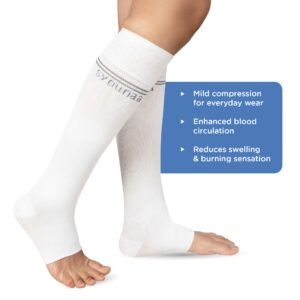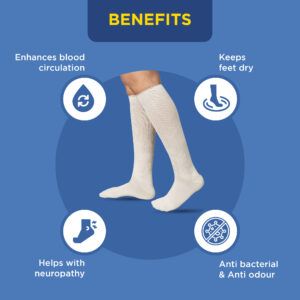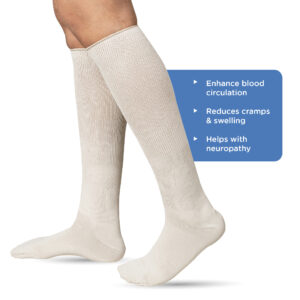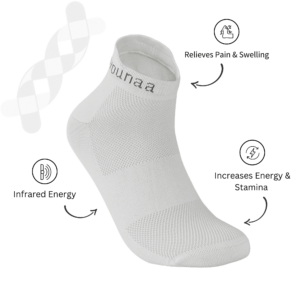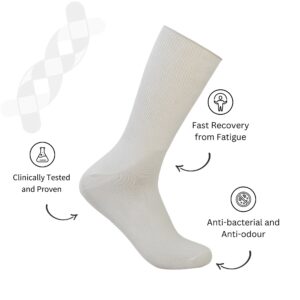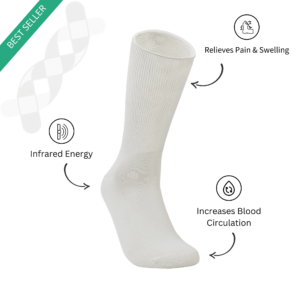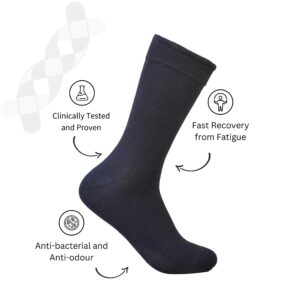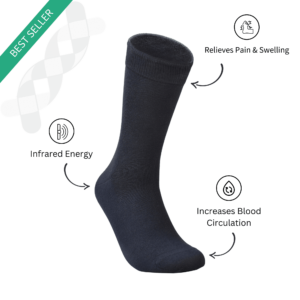Eggs? Or no eggs? That is the question. For the longest time, eggs have been notoriously popular among dieticians and nutritionists as being a major source of bad cholesterol and heart disease. Since diabetes causes cholesterol imbalance in the body, diabetics were asked to stay away from eggs altogether.
A recent study, on the other hand, has shown us alternative results which leads us to believe that eggs are not only good but must be an essential part of a diabetics diet.
Reasons Why You Should Have Eggs
Firstly, eggs have a low glycaemic score which means that it takes longer for eggs to digest and convert to sugar, therefore they take longer to reach the bloodstream. So, in that regard, you don’t have to worry about sugar spikes when you consume eggs.
One of the main reason why experts advised us to stay away from eggs is that it is said to have bad cholesterol. Since diabetics struggle to maintain good cholesterol and bad cholesterol balance, experts asked them to stay away from eggs. But, on having a deeper look, researchers found that egg contains naturally occurring cholesterol which plays an insignificant role in your cholesterol imbalance. In fact, you are far more likely to have cholesterol problems from your genetics than from consuming eggs.
How Many Eggs Are Okay?
According to the most recent guideline, a non-diabetic can have around 300mg of cholesterol in a day and a diabetic can have around 200mg of cholesterol in a day. One egg has 180mg of cholesterol. So, when you have a whole egg, there is very little room for cholesterol intake from any other source for that day. Ideally, you can have an egg three times a week but if you separate the yolk and only have the whites, it will considerably increase the number of egg whites you can consume in a week.
If you want to consume an egg every day, we suggest you remove the yolk and only consumer egg whites. But since the egg yolk is a rich source of vitamins and minerals, we highly recommend that you have a whole egg at least once a week. The yolk is a rich source of Vitamin A and D and it has certain protein components that are found in fewer quantities in other natural sources.
The Best Way to Cook An Egg
Now, the egg is healthy but your cooking method can either preserve its nutrition or ruin it. The choice is yours. The best way to have eggs is by boiling it. This way you aren’t adding any extra oil or butter to the mix. You can also make a poach in the oven. It tastes just as good and you will not require additional oil or butter.
Sometimes when you want to treat yourself with a pan-fried omelette, make sure to add vegetables like onions, olives, tomatoes, or anything else that is low in cholesterol, to your omelette and use less oil. The added vegetables will make the egg filling and will equally disperse the oil. Also, avoid scrambled eggs because it tends to absorb more oil.
Eggs are a natural source of protein, vitamins, and minerals. Anything that is natural posses less threat to your body. Instead, of avoiding eggs, stay away from packaged products that contain trans-fat. Packaged meals put your body at a higher risk for cholesterol imbalance. So, instead of picking at the humble egg, start by getting rid of packaged products, ready-to-eat products, and products that have a long shelf life.
Lastly, along with diet, exercise also plays a very important role in your life, especially if you are a diabetic. Make sure to do certain leg exercises and cardio for a few minutes every day to prevent bad cholesterol from building up in your system. Do make sure that you wear breathable affective workout clothing and footwear. This will protect you from injuries and allow you to take better care for your health.














